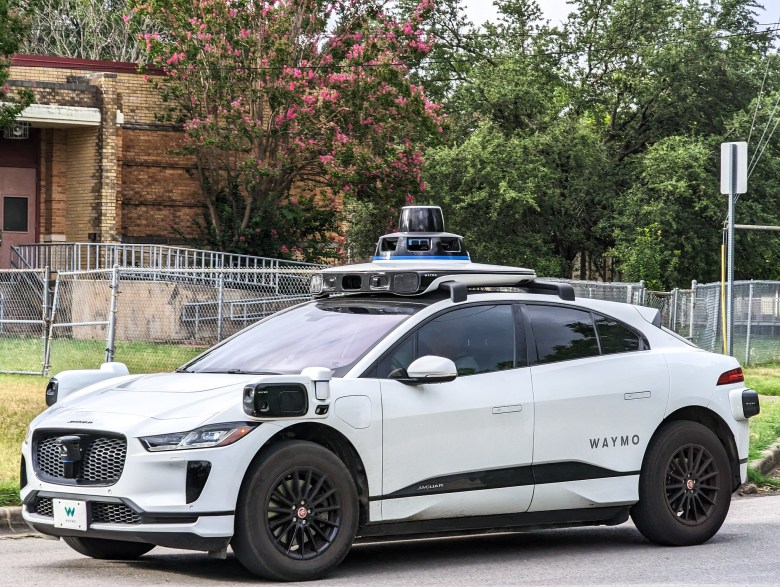As a raft of autonomous vehicle companies prepares to deploy new “robotaxis” slated to eventually compete with the likes of Waymo and Tesla, city council’s Mobility Commission heard an update during a meeting on July 17 on how the legal ground under the tires has changed.
The big news comes from
Senate Bill 2807
, which passed this past legislative session and was signed into law by Gov. Greg Abbott in June. The bill establishes a more developed framework for how the state will go about regulating the vehicles, which have generally been able to operate in a kind of legal grey area, due in part to their technical novelty.
“Quite a lot has changed in the past few months, and I think we’re just starting to see the industry really emerge,” said Lewis Leff, an assistant director with the Transportation and Public Works department.
One thing that won’t be emerging is any local-level laws on Autonomous Vehicles, thanks to the Texas Legislature. Back in 2017, the legislature passed another bill,
SB 2205
, which delegated authority over the burgeoning industry to the state and preempted any local governments from attempting to legislate around it.
Still, Rachel Castignoli, a consultant with the city’s Smart Mobility Office who works on autonomous vehicle issues, said that doesn’t necessarily mean the city can’t have any impact on autonomous vehicle (AV) policy.
“We can’t regulate, but we do have an expectations document,” she said, going on to explain that expectations include information sharing and training for city staff on how to handle the vehicles through the state process. She also mentioned
the city’s dashboard tracking citizen reports of incidents involving the vehicles,
which currently shows 127 such reports since 2023.
The new law, which goes into effect on September 26 of this year, would task the Texas Department of Motor Vehicles and the Texas Department of Licensing and Regulations with establishing a statewide permitting system for any company that wants to operate autonomous vehicles in Texas.
Companies would have to submit safety information and a detailed plan for how the vehicles will interact with first responders and law enforcement to the state and would be subject to fines or the suspension or revocation of their operating permit if their vehicles are determined to be unsafe.
“These are all things we really advocated for,” Castignoli said. “So we’re really happy to see all that in there.”
As part of Castignoli’s presentation, she listed the number of vehicles each AV company operating in Austin currently has deployed or is currently in testing, which she noted companies are not legally obligated to share.
She said they had “worked with” the companies to get the numbers, which identify “100+” cars deployed by Waymo and about 20 by Tesla, plus another several dozen in testing between nascent competitors Zoox, Volkswagen ADMT and Avride.
“We’re trying as much as we can to bring our experience and our needs, especially the needs of fire, police and EMS, to all of the places we can so that autonomous vehicle deployments become safer in Austin, and everywhere,” Castignoli said.
That may have to be enough until sometime in early 2026, when the city expects the new regulatory regime established by SB 2807 to be up and running. Leff said that though the law itself becomes effective on September 1, the state is likely to finalize the details of their system by around December 1, followed by a standard 90-day interim period before enforcement can begin, putting the real start sometime around next February or March.
Photo made available through
a Creative Commons license
.
The
Austin Monitor
’s work is made possible by donations from the community. Though our reporting covers donors from time to time, we are careful to keep business and editorial efforts separate while maintaining transparency. A complete list of donors is available
here
, and our code of ethics is explained
here
.
You’re a community leader
And we’re honored you look to us for serious, in-depth news. You know a strong community needs local and dedicated watchdog reporting. We’re here for you and that won’t change. Now will you take the powerful next step and support our nonprofit news organization?









